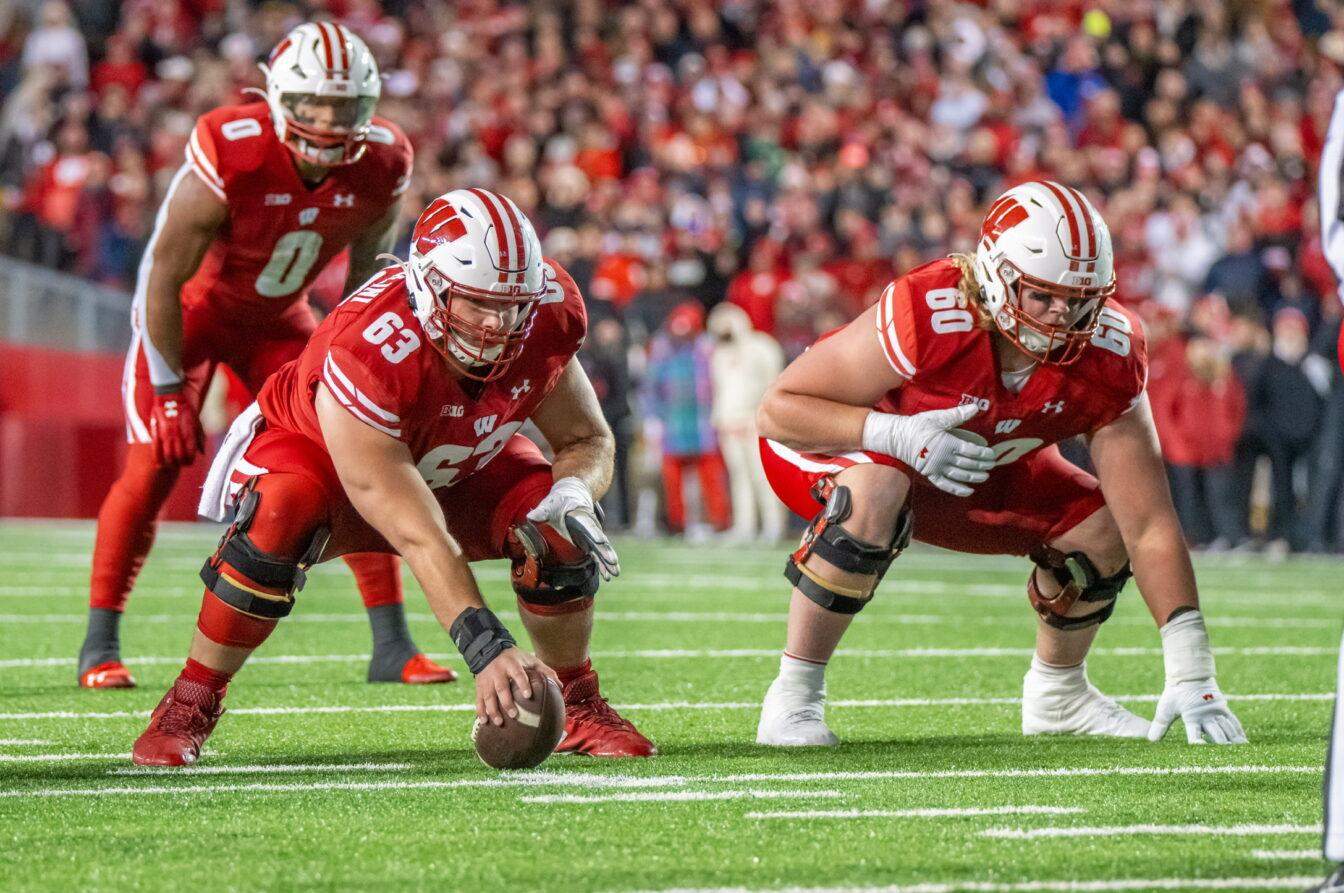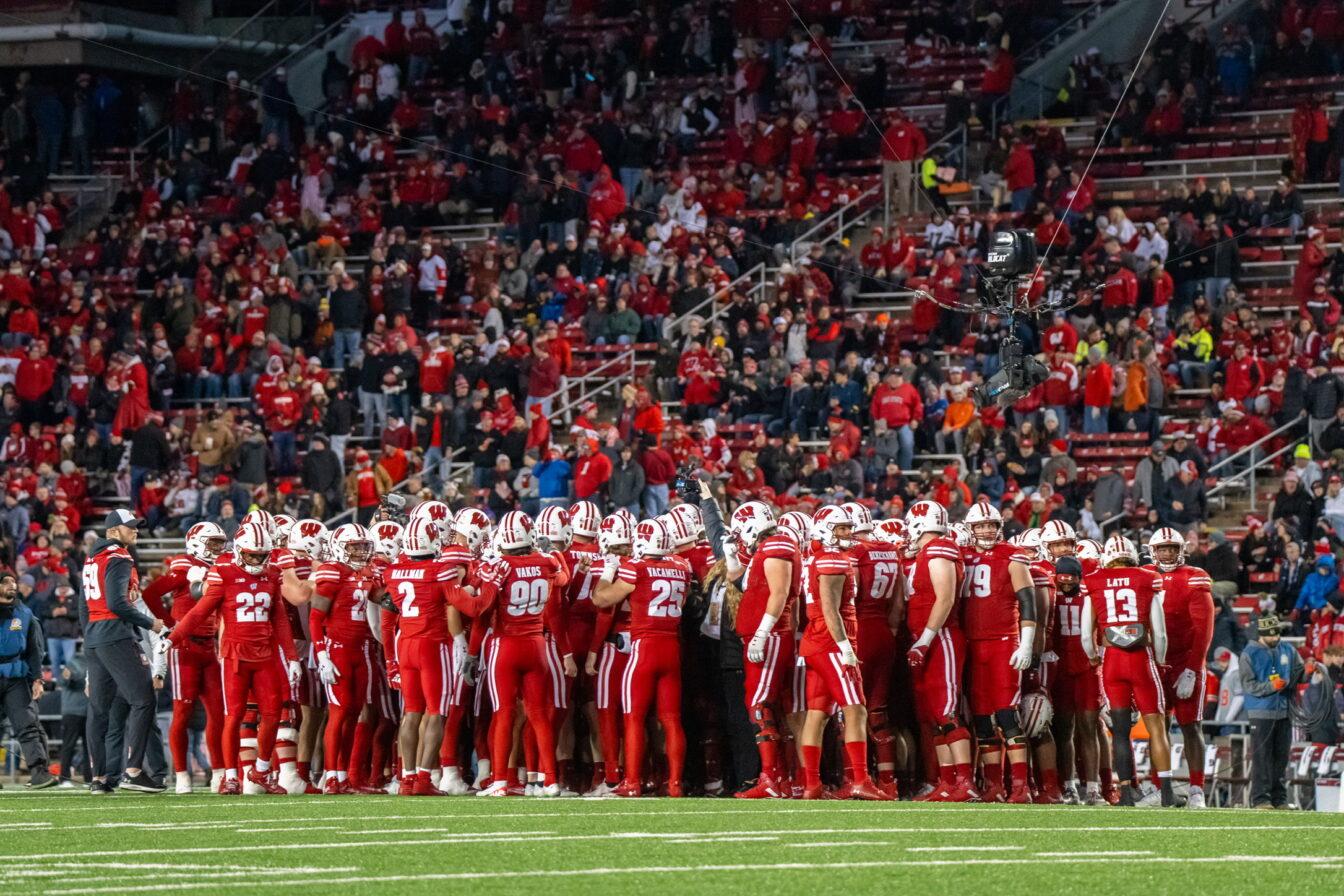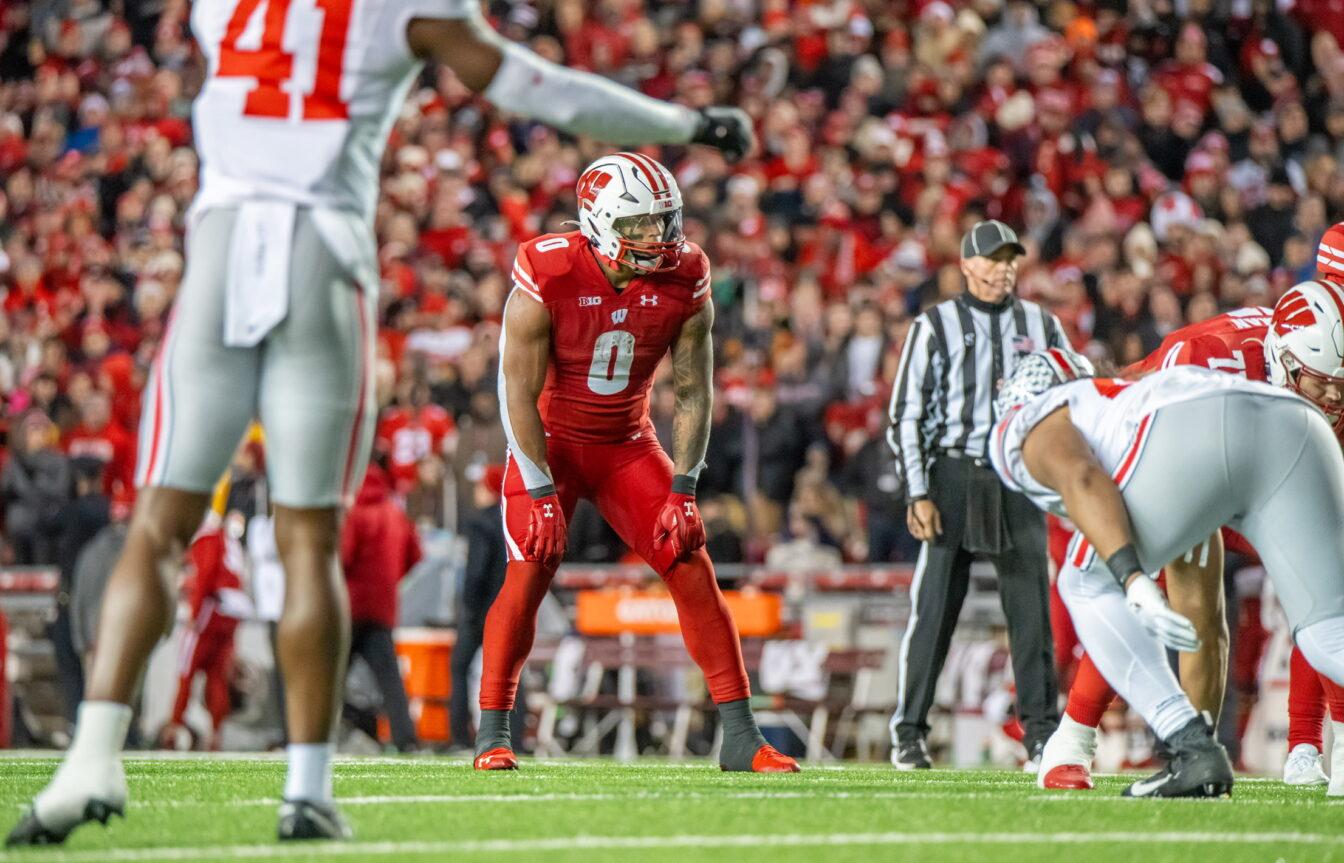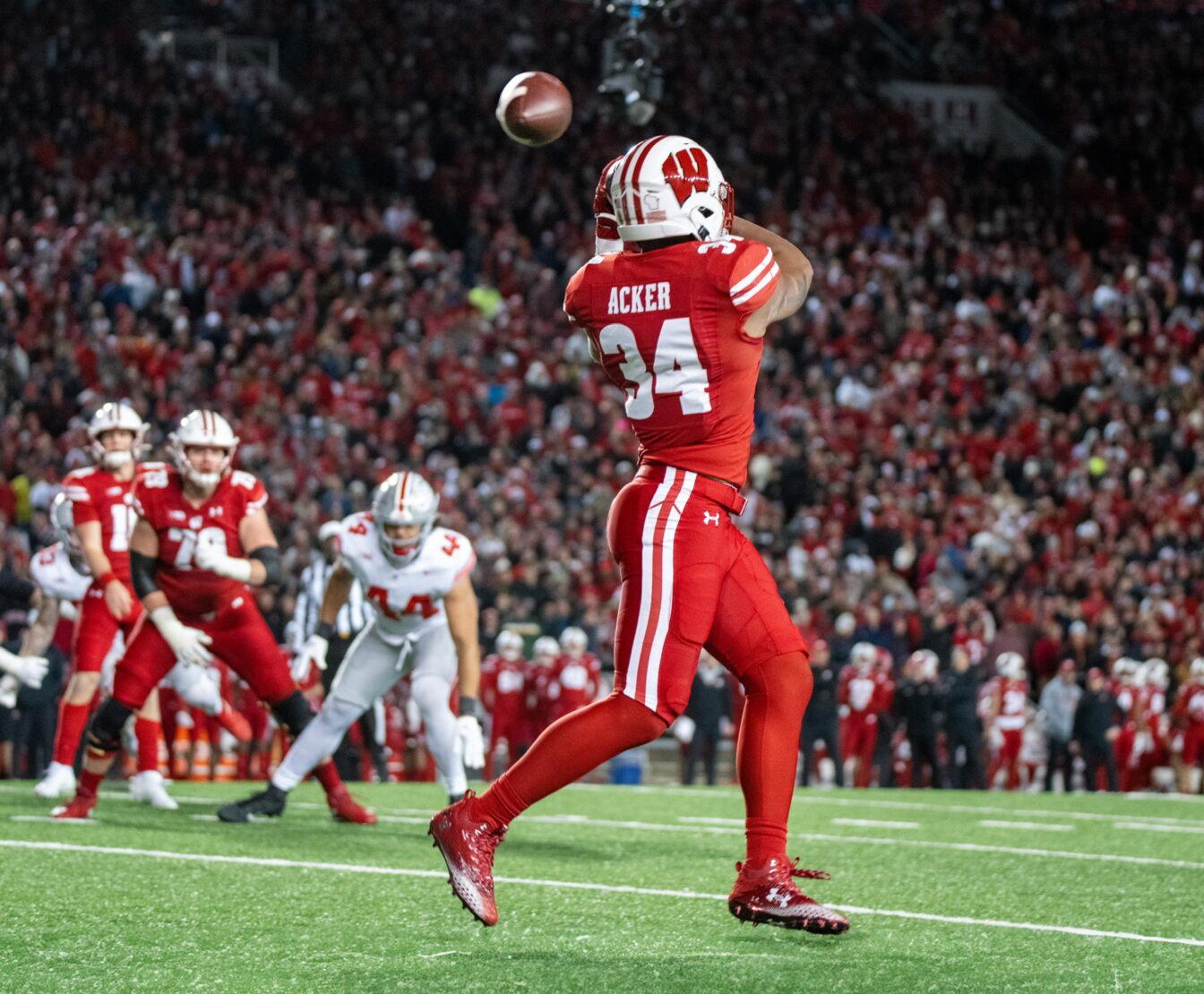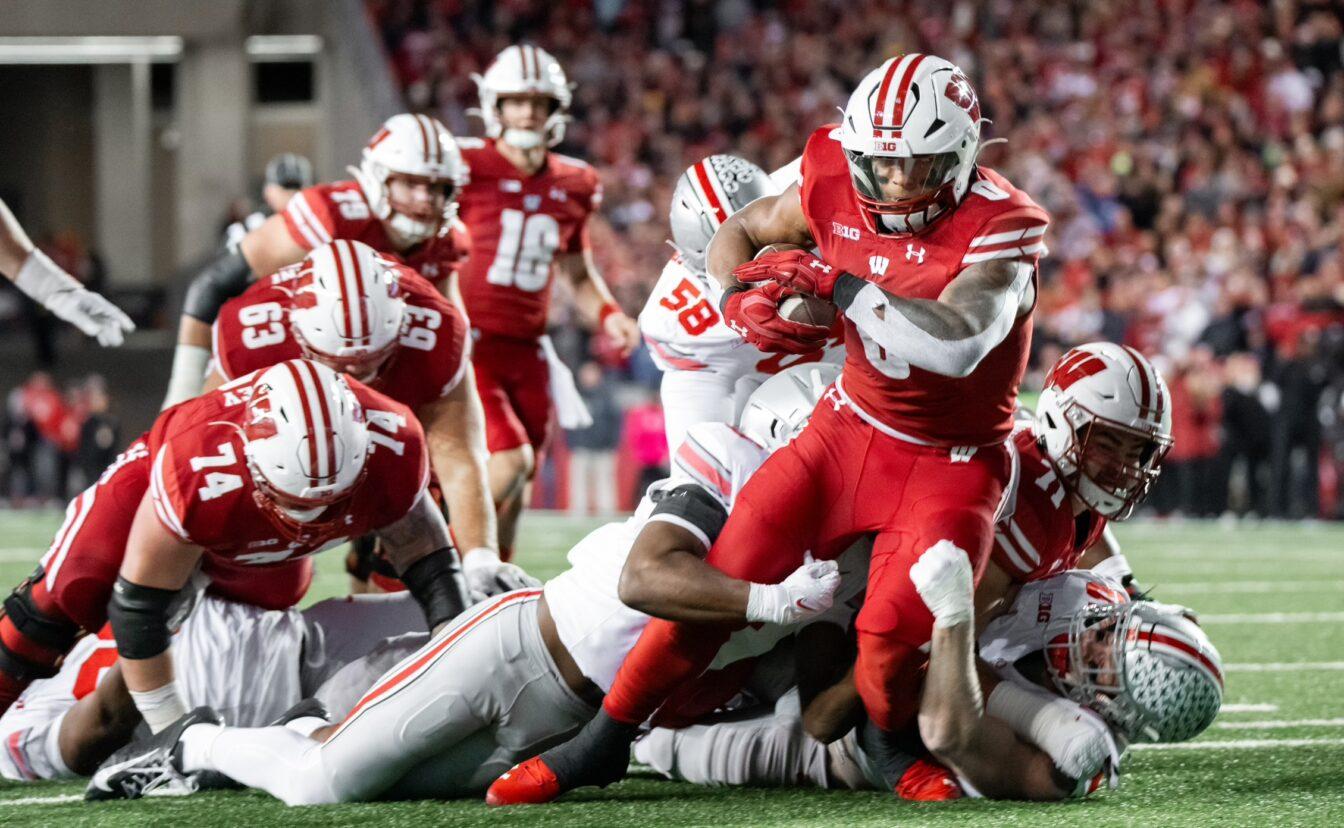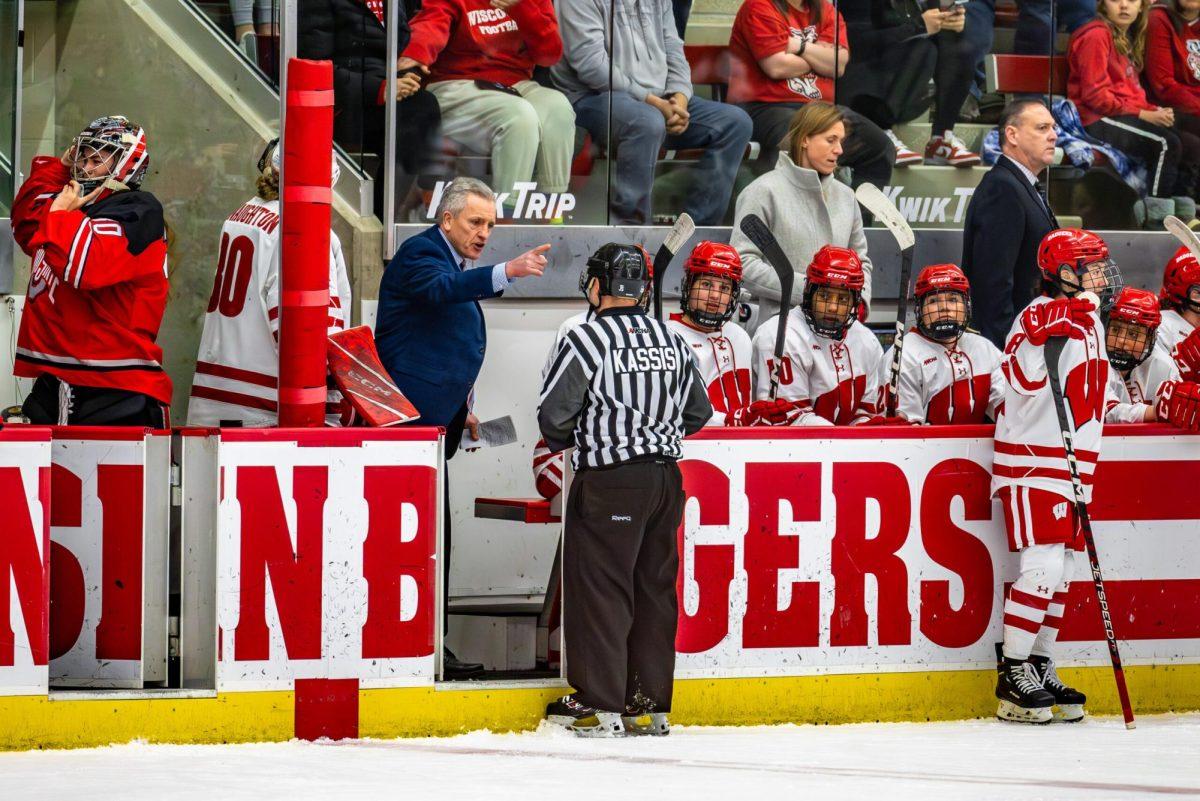When offensive coordinator Phil Longo was hired back in January of this year, media outlets across the nation crowned the veteran OC as the savior of the University of Wisconsin football program’s offense.
The results, however, have yet to meet high expectations.
UW’s offense is currently averaging 22.36 points per game, their lowest mark since George Bush won reelection in 2004.
The myriad of scheme changes and transfer portal acquisitions have proven to be futile in reinventing the Badgers’ offense, which was expected to be one of the best in the Big Ten West if not the conference.
So where did “Dairy Raid” go wrong? Is it Longo’s scheme? The players? Or the growing number of injuries on the offensive side of the football that have led to the Badgers offensive woes?
While plenty of points can be made for each of these arguments individually, the answer to the Badgers lacking offensive prowess appears to be a combination of all three.
Let’s start with Longo, whose track record as an offensive coordinator is as impressive as anyone in the country — so much so that his hiring was dubbed by many as the biggest hiring win of the offseason.
Unfortunately, winning the offseason doesn’t always translate to wins on the field.
Longo’s plan is predicted on the air raid offense. The offensive concept, developed by the late Mike Leach in the early 2000’s at the University of Kentucky and relies on spacing out defenses, features a passing play 65% to 75% of the time.
Despite this fact, Longo’s version of the offensive scheme features more running plays to open up the deep passing game. It becomes hard to do when both of your top running backs are sidelined with injuries.
With running back Chez Mellusi out for the year, and running back Braelon Allen battling a lower leg injury, UW’s backfield has lacked the efficiency necessary for Longo’s scheme to flourish.
The Nov. 11 loss to Northwestern University proved as much. With Allen out once again, the Badgers averaged just 3.6 yards per carry, relying on two converted running backs in Jackson Acker and Cade Yacamelli instead.
The Badgers inability to run the football — a key aspect of Longo’s air raid philosophy — has made them incredibly one-dimensional. This is where the players come in.
UW dug deep into the transfer portal this past offseason in hopes of garnering an offensive depth chart that could execute Longo’s heralded scheme. And on paper, they did.
Football: Wisconsin can’t overcome self-sabotage in Bloomington, fall to 5-4
Quarterback Tanner Mordecai, the gunslinger who put up huge numbers at Southern Methodist University, was expected to elevate the UW passing game to a level it hadn’t seen since Russell Wilson was under center over a decade ago.
Once again, this has not been the case.
Hampered by injuries and a lack of cohesion with his offensive, Mordecai has been unable to replicate the success he found down in Dallas, Texas, and oftentimes looked uncomfortable in Longo’s system.
But it isn’t just Mordecai who has struggled in this offense. The receiving core that don the cardinal and white has faltered as well. Outside of sophomore standout Will Pauling, none of the Badgers receivers have truly impressed this season.
This is a big problem in an air raid style offense that is predicated on deep throws and polished route running.
While all of these factors have contributed to the Badgers dysfunction on offense, the true culprit of UW’s under performance may have been our own expectations.
To have expected this Badger offense to become a cohesive unit after just one offseason under this new coaching regime seems naive in hindsight.
Sure, there was reason for excitement after all of the offseason hype. Unfortunately in college football, a new scheme and a few transfers doesn’t change a team’s trajectory overnight. Add a few key injuries into the equation and it’s noteworthy just how quickly the hype train can fall off the rails.
Building a program takes time, the only true answer for fixing UW’s offense is patience, a commodity that is rare in the current world of college football.
Regardless, better times are surely ahead for the Badgers’ offense. Longo’s scheme has proven to be effective everywhere he’s coached, it’s now about making sure he and head coach Luke Fickell recruit the right guys to execute.
UW earned a chance to relinquish a spiraling season, as they have dropped four out of their last five games before hosting senior night against the University of Nebraska.
During the last home game of the season, Fickell, Longo and the Badgers took a 24–17 victory over the Cornhuskers and their new head coach in Matt Rhule, who’s faced similar problems on the offensive end of the ball in his first year at the helm. The sixth win has also earned the Badgers bowl eligibility for the 22nd consecutive season.
UW has just one more game to right the ship in their 2023 campaign. They look to gain momentum against rival University of Minnesota in Minneapolis Nov. 25.








